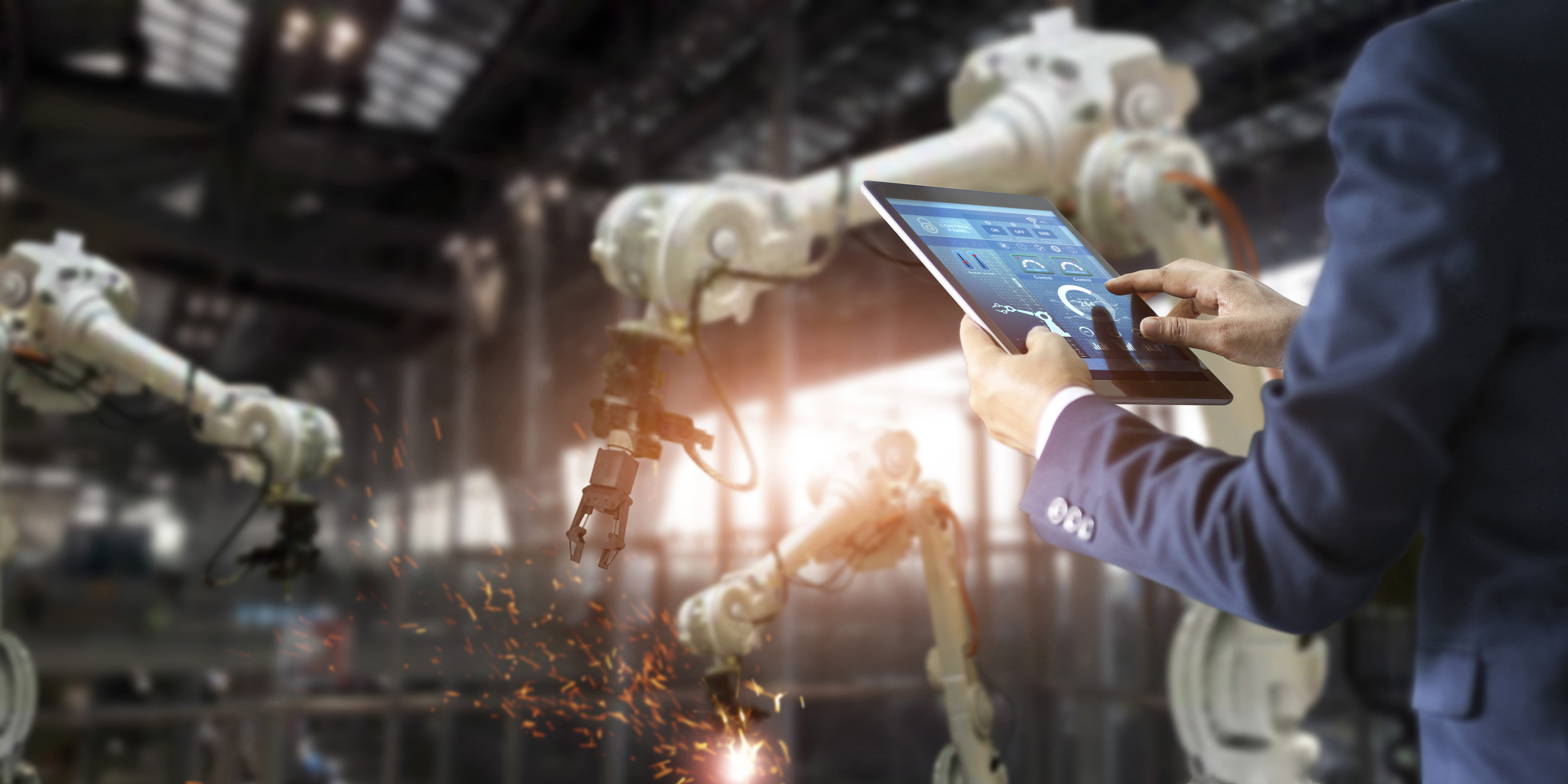How are Canadian businesses making AI central to the future economy?

Canada is already a global leader in artificial intelligence (AI) and machine learning, but the Scale AI Supercluster—a consortium of think tanks, academic research groups and emerging companies focused on collaboration—wants to make it the best in the world.
‘The AI Advantage’ is a phrase many in the business world will be familiar with – the notion that AI is a silver bullet, able to uplift and streamline operations in one fell swoop; a compelling thought. But much of the advantage that comes from machine learning algorithms is in implementation, and in the business community’s united support of adopting the technology.
Canada’s AI industry and the ‘Supercluster’
Deloitte’s late-2018 analysis of the state of artificial intelligence in the enterprise sector compared the attitudes and use of AI in several advanced economies across the world. At the time, Canada was seen as a ‘cautious adopter’, with Canadian entrepreneurs and businesses unwilling to adopt the technology without sufficient buffers against risk and without support from the government.
However, Scale AI, one of Canada’s five technology superclusters, is changing that rapidly. The supercluster program was designed to stimulate innovation and enterprise in key areas of Canadian tech development. Each cluster consists of conglomerates, emerging companies, startup accelerators and incubators, not-for-profits, and academic institutions.
Canada’s artificial intelligence supercluster, Scale AI, aims to accelerate the integration of AI across all industries to reshape business models and elevate the workforce. Scale AI also hopes to reduce the risk of expertise silo-ing by providing funding and support to collaborative cross-sectoral projects.

We sat down with Clement Bourgogne, chief operating officer of Scale AI, to identify the most promising opportunities to adopt AI and machine learning in a range of supply chain – from transport logistics to retail, and from pricing to forecasting – to make tangible differences in business performance. He also discussed the steps required to take AI out of the lab and into the real world.
Clement, what makes the Scale AI Supercluster unique as an accelerator for AI adoption?
Scale AI’s mission is to apply digital AI solutions to solve concrete business issues. To achieve this objective, the Scale AI approach is based on integrating three investment streams:
- De-risking AI initiatives for companies through co-investment in their projects, stimulating – rather than substituting – more significant private-sector investment in AI.
- Supporting digital and data science skills development within Canada’s current and future workforce, and making it more affordable for organizations to upskill employees.
- Ensuring startups developing new cutting-edge AI solutions for regional and national supply chains get the support needed to grow and gain better access to their markets.
Another important differentiator between Scale AI and other think tank programs is our focus on supply chains, which are particularly suited for integrating and deploying AI technology.
Many core aspects of supply chains rely either on predictions (how much inventory to hold, when shipments will arrive, etc.) Or optimization within multiple constraints (best transport routes, resource assignment, etc.). These types of problems are prime candidates for solutions using artificial intelligence and machine learning, with a significant positive impact on a company’s bottom line.

What are the most promising opportunities for AI in supply chains?
Artificial intelligence is already solving many key business challenges within supply chains, such as inventory management, demand forecasting, predictive maintenance, network optimization, dynamic pricing and workforce scheduling.
While impact and relevance vary by sector and by the company’s scale, we are seeing significant gains in operational efficiency and revenue generation as a result of deploying AI solutions. The increased categorization, optimized use and smarter analysis of data within supply chains enables companies to operate at higher speeds and react faster to changing environments.
However, this can be taken further. We’d like to see AI deployed in a way that provides total oversight over a supply chain, analyzing and predicting each step of the journey. This will help governments and businesses mitigate risk and streamline operations to near perfection.
How can foreign investors benefit from the Canadian AI ecosystem?
Foreign companies and investors stand to gain a lot from supporting Canada’s AI ecosystem, and can create their own value within the country too.
For a start, companies setting up AI labs in Canada can benefit from direct use of a unique talent pool with – by and large – extensive backgrounds in academia. This means access to some of the world’s top researchers in AI, but also to the vast student population as potential hires.
Foreign companies can also leverage the AI community to find project partners, either as fellow AI adopters or as expert service providers. Many startups and AI consultants have gained unique experience by developing applied AI solutions for key adopters overseas.
Of course, foreign companies with operations in Canada can also directly benefit from co-investments by Scale AI to support AI projects undertaken.
What kinds of skills do companies need to successfully adopt AI technologies?
When it comes to AI adoption, companies tend to focus on building and acquiring data science capabilities. While this is critical, it often misses the mark, because this approach tends to overlook the importance of integrating AI technology into an organization’s operations.

In addition to building data science teams, Scale AI also encourages and financially supports its members to educate all types of employees within an enterprise on AI and digital intelligence:
- Senior management: this group needs to understand how AI can fuel their company’s future growth, and craft a strategy for integrating AI in its operations progressively.
- Middle managers: they need to gain sufficient understanding of what AI can and cannot do to identify potential applications within the company’s daily operations.
- Operators: even the most cutting-edge tool will be ineffective if it is underused. In many companies, advanced AI algorithms will generate insights that will be interpreted and used by operators. No matter the industry and whether these employees know how AI works or not, they need to be trained on how to understand and apply AI tools.
The key to success in building the right AI design and deployment skills across an entire organization is to partner. Very few companies can successfully integrate AI on their own, and finding the right enterprise partners is crucial. Those collaborations, be they with training providers or AI service providers, will help companies gradually build up their human capital.
To learn more about the Scale AI Supercluster or to discuss your AI project, contact us.
This blog was written in partnership with Scale AI and originally appeared on the Collision Conference 2021 blog.